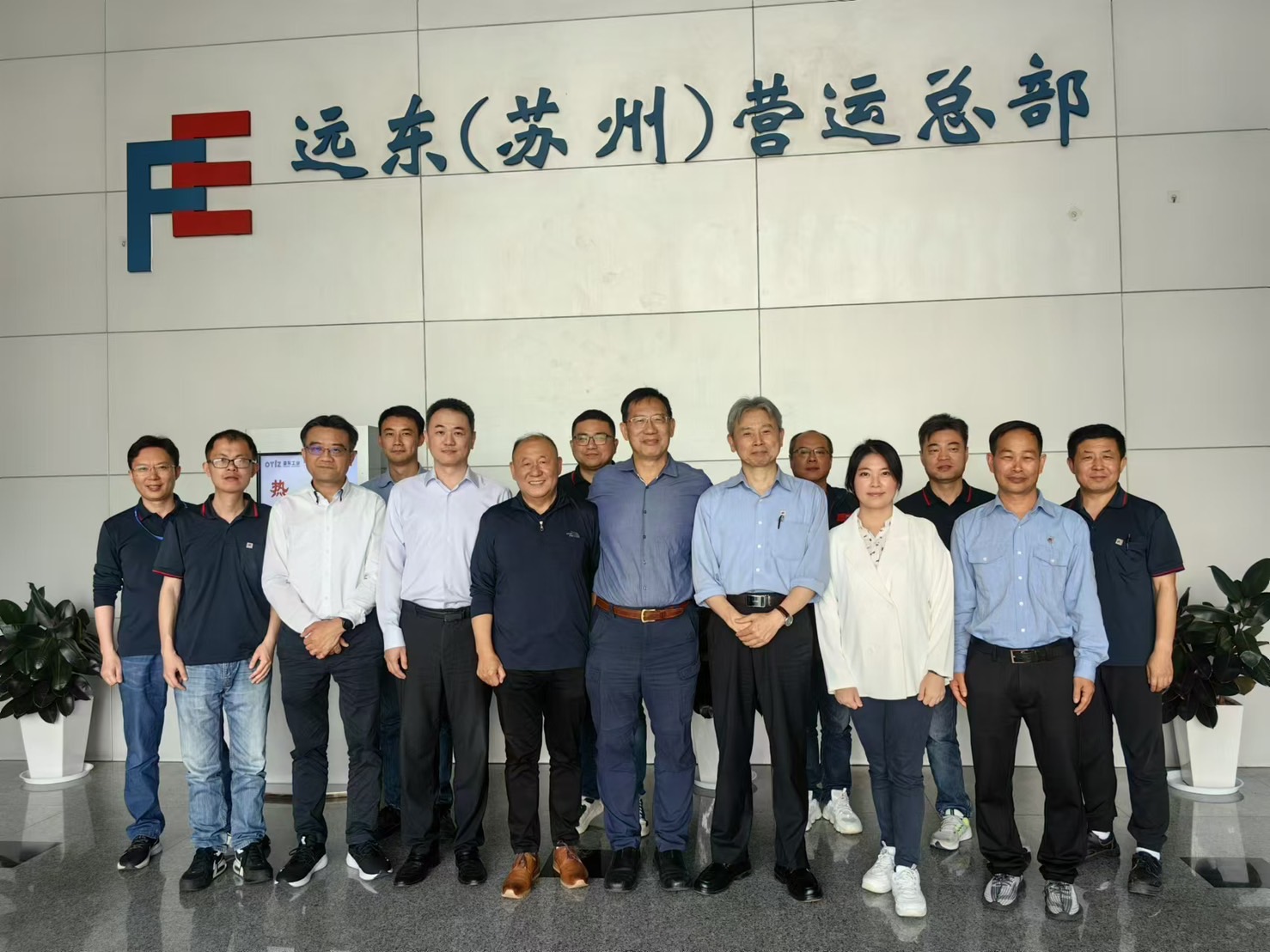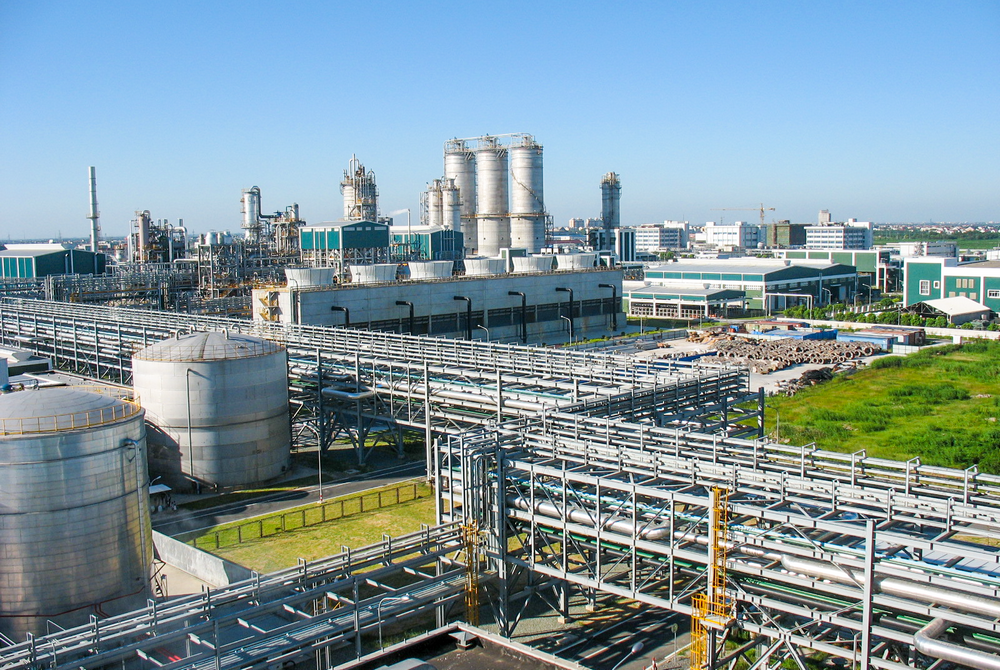Management Framework
FENC evaluates the risks and opportunities brought by climate change and responds with concrete strategies. We believes that natural resources are meant to be shared among all humanity, hence regarding energy and resource efficiency as the means to prevent resource depletion. With a strong commitment to protecting natural habitats and resources from pollution.
FENC’s environmental management commitment encompasses all our production sites, suppliers, and partners. We are dedicated to enhancing environmental awareness among both internal and external stakeholders. We actively encourage customers, suppliers, contractors, key business partners, and acquisition targets to collaborate in advancing and achieving our environmental sustainability goals.
We recognize that the insights and feedback from external stakeholders are crucial to refining and implementing effective environmental policies. Through diverse communication channels, we foster engagement and regularly consult with suppliers, customers, industry experts, and other stakeholders to guide policy improvements and optimize execution.
Sustainability Strategies and Management Approaches at FENC
| System Establishment and Management | Establish specific management goals and track the progress; optimize management systems and adjust as necessary; provide training that enhances environmental awareness and skills among employees. |
| Incorporation of Innovative Technology and Equipment | Integrate AI technologies into production management; optimize processes and enhance equipment to boost production efficiency and minimize environmental impact. |
| Value Chain Collaboration | Implement environmental policy through the management of FENC’s green value chain and reduction of air, water and waste pollution, greenhouse gas emissions, as well as energy and resource consumption. |
| Avid Support for Governmental Policies | Comply with policies and regulations; support local energy transition policies; promote applicable management projects internally to co-create environmental sustainability. |
| Reduction, recycling and Reuse | Reduce waste by enhancing production flow and increasing resource efficiency by recycling and reusing waste materials generated from operational activities. |
Environmental and Energy Management Authority: Energy Task Force
| Establishment and Operation | FENC established the inter-departmental Energy Task Force in 2010. With each FENC Business as the unit, the task force establishes mechanisms for internal environmental audit and review, and charts the operation and planning of environment and energy management systems. The scope of management covers FENC production sites in Taiwan, mainland China, Vietnam, Japan, Malaysia and the U.S. |
| Scope of Implementation | The Energy Task Force is responsible for the implementation of energy and emission reduction measures covering the management of GHG and energy, as well as the application of renewable energy and emerging decarbonization technologies. Additional responsibilities include the management of water resources, air pollution and waste materials. The task force systematically collects environmental data from all production sites through an online database, and conducts performance review and tracking during the regular energy management meetings to ensure continue improvement of FENC’s environmental performance through energy audits. |
| Reporting Mechanism | A monthly Energy Task Force management meeting is held at all production sites. During the meeting, the environmental performance and responses targeting climate risks and opportunities are reported to executive managers with discussions on environmental and energy management strategies to fulfill FENC’s mission to attain environmental sustainability. The Energy Task Force holds special briefings on energy and carbon reduction annually with the convener and committee members of the Energy Task Force presenting the environmental performance to corporative executives such as the Chairman, Vice Chairman and President of each Business to establish future strategies and plans. |
Organizational Framework of Energy Task Force
.png)
Special Budget for Energy Reduction and Environmental Protection
To fulfill its sustainable vision, FENC has been appropriating budgets earmarked for the implementation of energy conservation and environmental protection projects since 2010 to advance its performance in environmental sustainability. At the end of 2024, FENC appropriated NT$4.16 billion for the 2025 energy and emission reduction budget.
The special budget for environmental protection from 2024 to 2025 amounts to NT$150 million as the R&D funding for the avoidance or reduction of pollution, waste and resource consumption.
Energy Reduction and Environmental Protection Technical Exchange Meeting
The Energy Task Force conducts cross-Business and cross-regional meetings annually to facilitate peer exchanges regarding energy conservation and environmental protection. In May 2024, representatives and committee members visited ten FENC production sites in mainland China and Vietnam, conducting engagement and exchanges with approximately 150 participants. Such exchanges amplified the effect of energy conservation measures through on-site demonstrations and observation. The exchange meetings focused on three major aspects:
1. Low-carbon technologies: Among the featured projects are the adoption of the new N-type solar panels and the conversion to biomass fuels.
2. Outstanding environmental management projects: Among the projects featured is the management approach that facilitates zero production waste.
3. Additional topics: The topics discussed include the incorporation of management systems, participation in international initiatives and the experience with the sustainability rating.

ISO 14001 Environmental Management System
| Taiwan | |||||
| Business Sites | Headquarters | Hsinpu Chemical Fiber Plant | Kuanyin Chemical Fiber Plant | OGM | Kuanyin Dyeing and Finishing Plant |
| Issued Date | 2022/10/25 | 2024/5/30 | 2024/5/30 | 2024/2/14 | 2025/1/6 |
| Valid Date | 2025/10/24 | 2027/5/29 | 2027/5/29 | 2027/2/14 | 2028/1/6 |
| Mainland China | ||||
| Business Sites | FEIS-Polyester Business | OTIZ | WHFE | FEIW |
| Issued Date | 2025/4/1 | 2023/11/11 | 2023/10/27 | 2024/1/25 |
| Valid Date | 2028/3/31 | 2026/11/10 | 2026/12/23 | 2027/1/24 |
Vietnam | Japan | ||||
Business Sites | The polyester plant of FEPV | The textile plant of FEPV | FEAV | FENV | FIGP |
Issued Date | 2025/4/26 | 2023/8/10 | 2024/9/14 | 2025/7/15 | 2024/2/28 |
Valid Date | 2028/4/25 | 2026/8/7 | 2027/9/13 | 2028/7/14 | 2027/3/30 |
| Note: All environmental management systems have been 100% internally verified by the company's executive management. Among these, 71% of operation sites also obtained the ISO 14001 certification. As of December 31, 2024, the ISO 14001 third-party certification coverage rate was 76%. This coverage rate has been verified through the assurance of the sustainability report by SGS. For details, please refer to page 72 of the 2024 Far Eastern New Century Sustainability Report. |
ISO 50001 Energy Management System
| Taiwan | |||||
| Business Sites | Headquarters | Hsinpu Chemical Fiber Plant | Kuanyin Chemical Fiber Plant | Plant 2 of OPTC | FEFC |
| Issued Date | 2022/11/30 | 2023/12/9 | 2023/12/9 | 2024/12/18 | 2024/11/6 |
| Valid Date | 2025/11/29 | 2026/12/8 | 2026/12/8 | 2027/12/18 | 2027/11/5 |
| Mainland China | |||
| Business Sites | FEIS-Polyester Business | OTIZ | FEIW |
| Issued Date | 2023/6/12 | 2024/10/29 | 2023/3/21 |
| Valid Date | 2026/6/11 | 2027/10/25 | 2026/2/21 |
| Note: All energy management systems have been 100% internally verified by the company's executive management. Among these, 38% of operation sites also obtained the ISO 50001 certification. |
ISO 46001 Water efficiency management systems
| Taiwan | |
Business Sites | Plant 2 of OPTC |
| Issued Date | 2025/4/3 |
| Valid Date | 2028/4/3 |
| Note: All water efficiency management systems have been 100% internally verified by the company's executive management. Among these, 5% of operation sites also obtained the ISO 46001 certification. |












